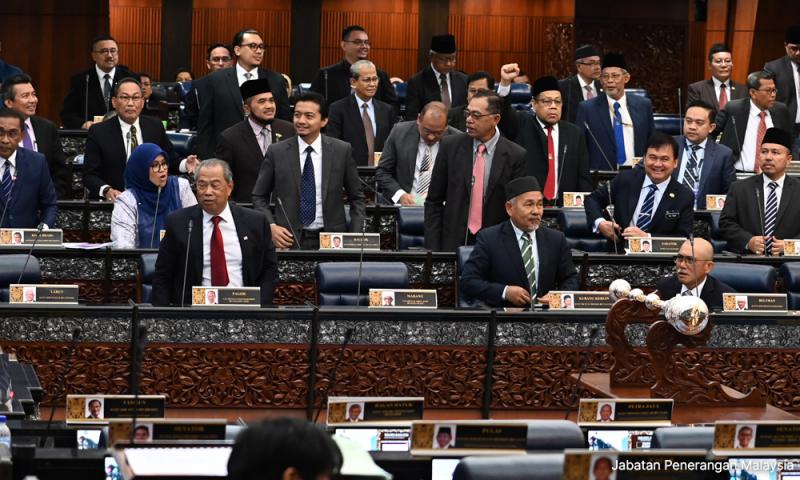LETTER | Let's have civilised discourse on political developments
LETTER | We were on our way home when we tuned into the podcast Keluar Sekejap. The episode, aired on July 23, has inspired us to look at Malaysia’s political landscape from a different perspective.
With six days left until polling day (Aug 12), voters from Selangor, Kelantan, Terengganu, Negeri Sembilan, Kedah, and Penang are going to elect their new state legislative assembly representatives.
With the 73.89 percent voter turnout rate recorded by the Election Commission (EC) in the 15th general election (GE15) last November, estimates of between 60 and 75 percent voter turnout from various surveys are expected to represent the masses in the upcoming state elections.
Surrounded by constant vicious debates about opinions and ideologies that push boundaries into the territory of extremism and radicalism, young voters especially need to stand up and make informed decisions in determining the future of the nation.
In fact, a study by the Institute of Strategic and International Studies (ISIS) Malaysia in 2021, indicated that young Malaysians are under the siege of long-term implications on economic, social, and political pressures resulting from the pandemic. They are progressively denied political representation, even though they are already suffering from the pandemic and its economic and emotional effects.
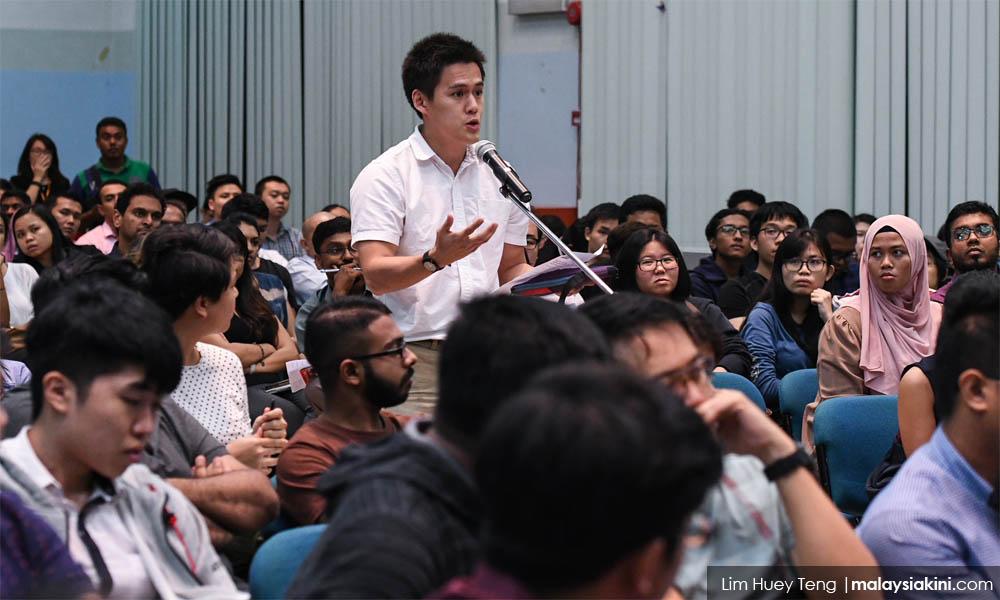
In this episode hosted by Khairy Jamaluddin and Shahril Sufian Hamdan (both former Umno members), Muda president Syed Saddiq Syed Abdul Rahman and his deputy Amira Aisya Abdul Aziz were invited as their guests.
The four of them came from backgrounds of different political ideologies, generations, and even gender, yet their discussion had, in our opinion, inspired optimism in the political landscape of the nation, where dissecting politics in a more civilised and insightful manner down to the intricacies of different factions, could be made more widespread.
Here are some of our reflections from this episode.
First, civilised dialogues need to be normalised among politicians. Democracy is a progressive process that requires civilised discussions between politicians with diverse views to find common ground over pressing issues.
This episode serves a purpose - to allow listeners to grasp political standpoints when the hosts sought clarification from the guests over some brouhaha reported in the media, which were clearly explained by the latter.
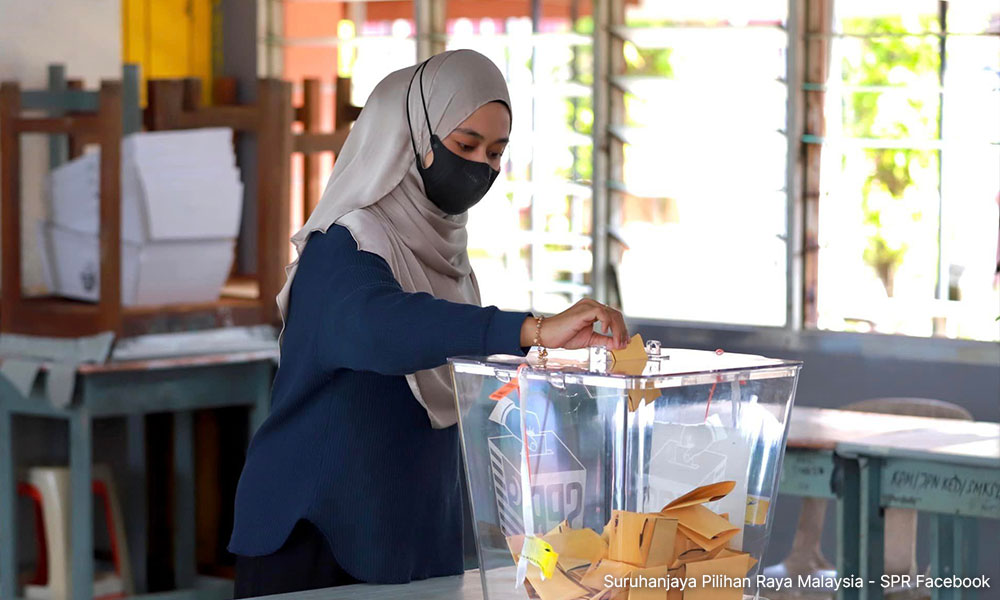
As listeners, conversations like this allow us, members of civil society, to look at the other side of the coin and avoid the herd mentality.
Eventually, votes are cast based on informed decisions on policies and nation-building plans and should not be merely on the basis of political parties or candidates.
On top of that, conversations that touch on the political standpoints of both men and women, as rightfully portrayed by this episode, depicted the necessity to recognise that women, comprising half of humanity, should be actively included in decision-making processes at personal, familial, societal, and public levels.
Women’s leadership in the political arena needs to be inspired by more role models as well as representation in the parliamentary seats.
While women’s participation in the workforce has been recorded to increase by 8.7 percent up to 55.5 percent in 2021 as compared with 46.8 percent in 2010, representation of women in the Parliament sees a decline in women representatives in GE15.
With only 31 women elected in GE15, which is equivalent to 13.9 percent of the Parliament, the target of having at least 30 percent of women in decision-making positions is still a long way to go.
Women's political, social, and economic rights are inseparable from their human rights. In fact, in a functional democratic society, an inclusivity of viewpoints from various interest groups, including men, women, and minorities, in formulating holistic policy development for the country, is extremely important.
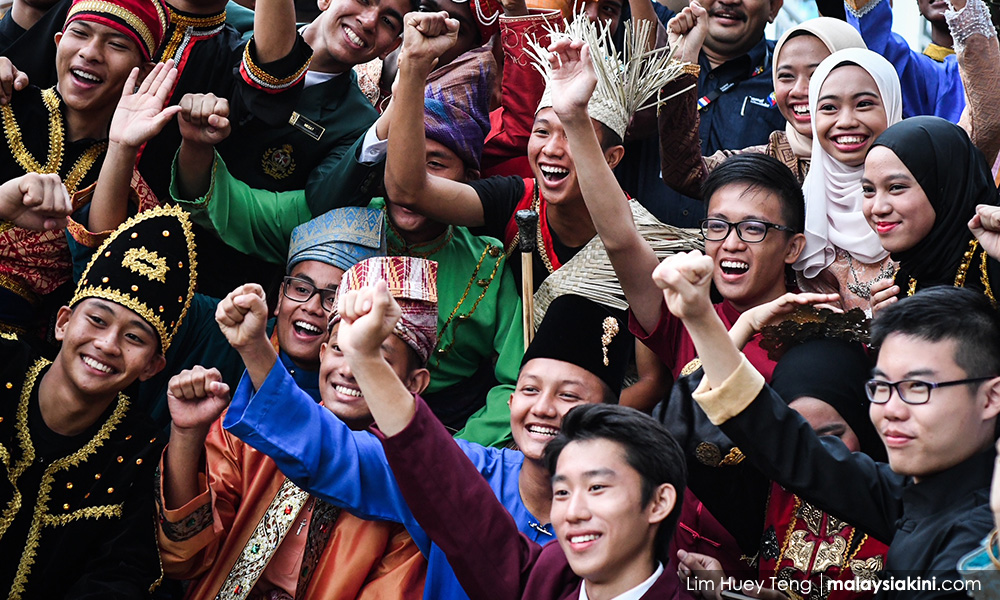
In addition, the episode also sends an explicit message to listeners, especially the younger generations, that politics is not just about political parties, elections, or power.
A study by the Merdeka Center conducted between Feb 19 and March 20, 2021, found that 78 percent of young people interviewed had expressed their confusion over the political situation in the country. They reflected their dim views towards politics, where 66 percent believed that public officials and politicians have minimal care for the thoughts of young people.
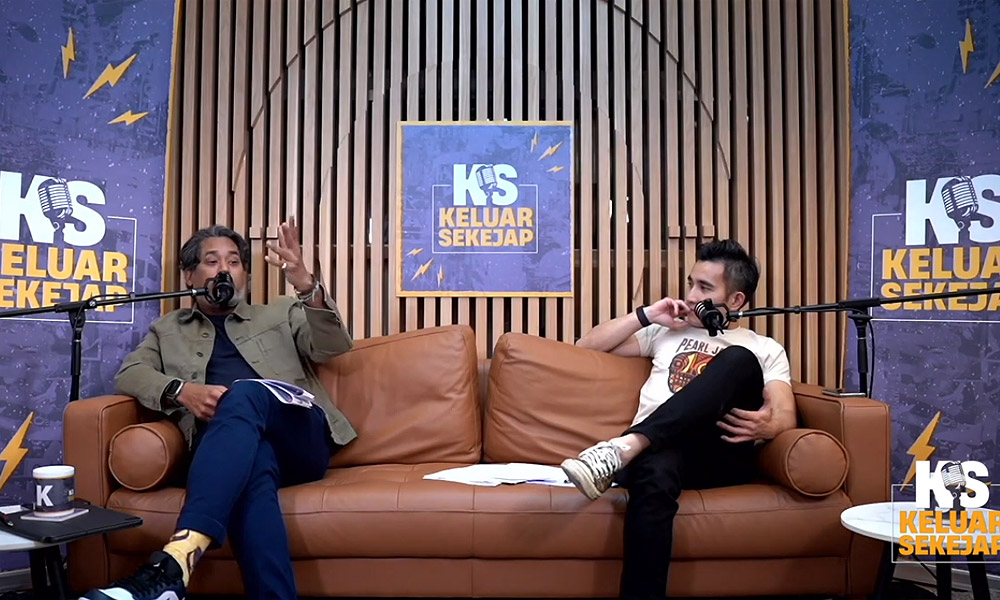
As such, dialogues like this (Keluar Sekejap) need to be made more approachable to young people, by touching on issues that are more relevant to them.
With more young people showing apathy in political participation, the Malaysian political landscape needs innovative approaches to engage the young blood.
In short, conversations with neutral and objective standpoints are imperative in enabling listeners to make informed decisions and cultivate critical thinking when manoeuvring the sea of information in political discourse.
This episode was entwined with some subtle yet seemingly provocative remarks in an attempt to address more pressing and important issues surrounding the guests’ party.
Nonetheless, it ended with sincere advice from the two experienced politicians to sprouting young leaders.
The views expressed here are those of the author/contributor and do not necessarily represent the views of Malaysiakini.
RM12.50 / month
- Unlimited access to award-winning journalism
- Comment and share your opinions on all our articles
- Gift interesting stories to your friends
- Tax deductable
